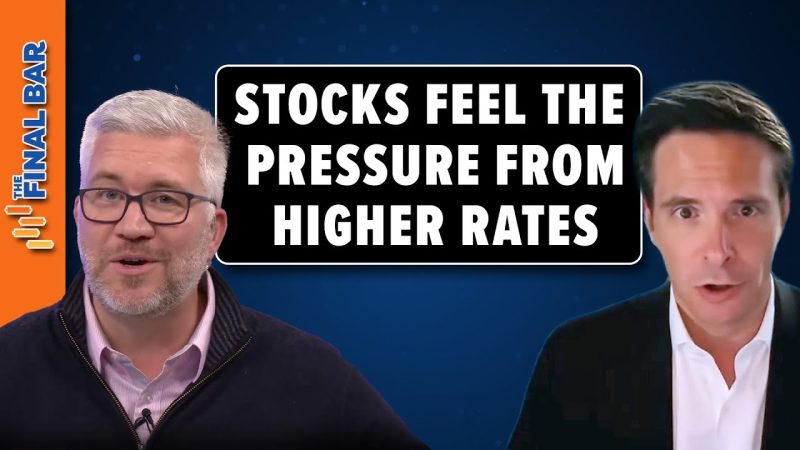


Mean reversion is one of the most popular trading strategies in the stock market, but it can be difficult for investors to put it into practice. In this article, we will explore what mean reversion is, how to identify potential
Apple recently reversed its support figure in the market share, a revelation that could have profound implications for the tech giant going forward. The company, which is the second largest publicly traded business in the world, now faces new uncertainty
The job market in the United States is rapidly changing and evolving, bringing with it a plethora of new opportunities for both skilled and unskilled workers. A recent survey conducted by the Bureau of Labor Statistics revealed that job growth
